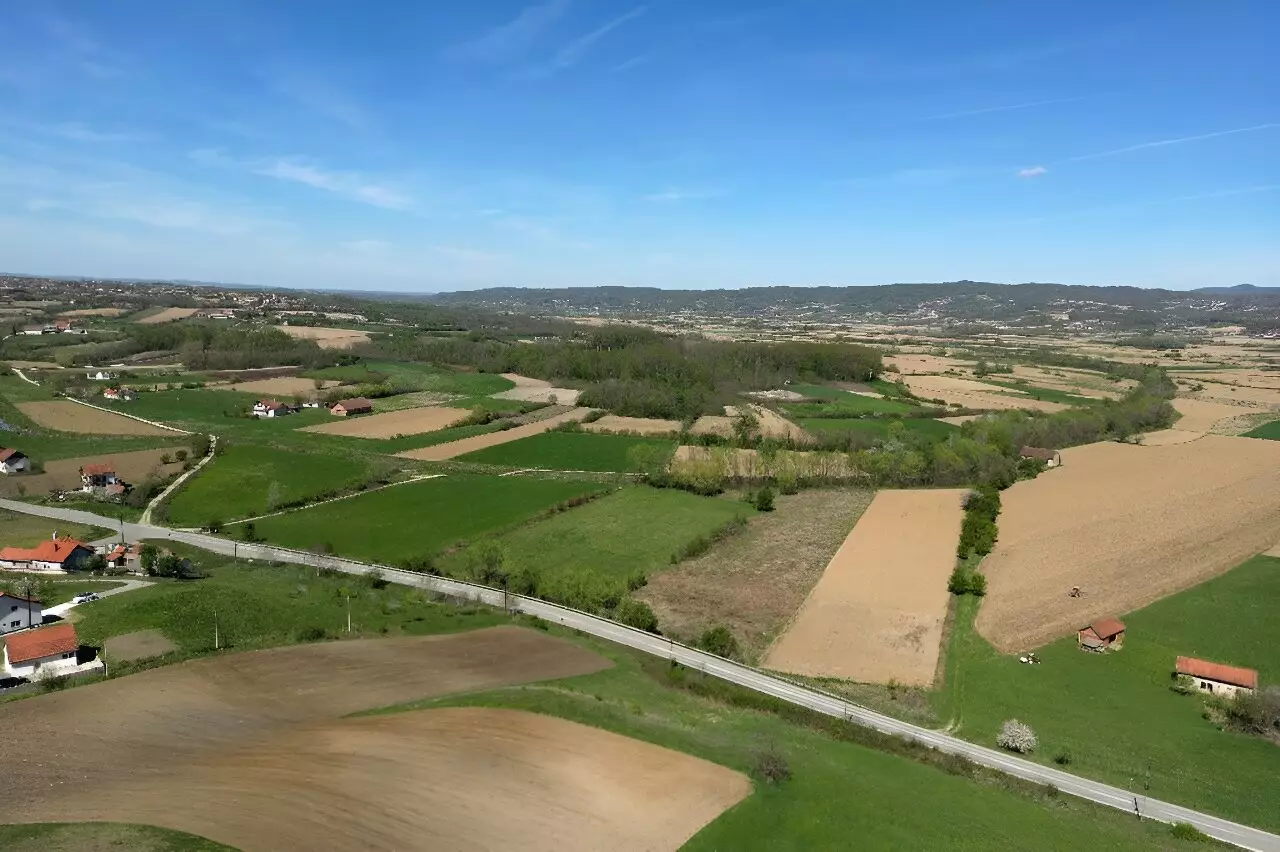President Aleksandar Vucic recently announced that Serbia could potentially tap into its lithium reserves as early as 2028 with the support of Australian mining giant Rio Tinto and the European Union. This comes after assurances from both parties regarding adherence to environmental standards. The Jadar region in western Serbia is said to house significant lithium deposits, which are crucial for the production of electric vehicle batteries. However, the project faced opposition in 2022, leading to its suspension due to concerns over the environment and public health.
Vucic emphasized that the new guarantees from Rio Tinto and the EU could pave the way for the mine to become operational by 2028. He expressed optimism about the project, highlighting its potential to drastically impact the country and the wider region. The president projected an annual lithium production of 58,000 tonnes, which could account for a significant portion of electric vehicle production in Europe, equivalent to around 1.1 million cars.
Despite the promising outlook, opponents of the project had previously raised questions about transparency and accountability. Some criticized Rio Tinto and Vucic for withholding environmental impact reports and failing to engage in open communication. However, Rio Tinto recently released an environmental impact report aimed at alleviating these concerns. The report emphasizes the adoption of safe and proven technology, aiming to dispel misinformation and address any unsubstantiated claims about potential harm to the environment and public health.
In a separate development, Serbia inked a letter of intent with the European Commission in September 2023, outlining a strategic partnership focused on batteries and raw materials. This collaboration underscores the growing importance of lithium and other critical minerals in the context of Europe’s transition towards sustainable energy solutions. It also reflects Serbia’s ambitions to position itself as a key player in the emerging battery market.
Overall, the potential for lithium mining in Serbia represents both opportunities and challenges. While the project holds the promise of economic growth and technological advancement, it must be implemented with utmost care and consideration for environmental and social impacts. Transparent communication, robust regulatory frameworks, and active stakeholder engagement will be essential in ensuring that the benefits of lithium extraction are realized while minimizing any negative consequences. Serbia stands at a crucial juncture in its quest for sustainable development, and the decisions made regarding the mining project will have far-reaching implications for the country’s future.


Leave a Reply